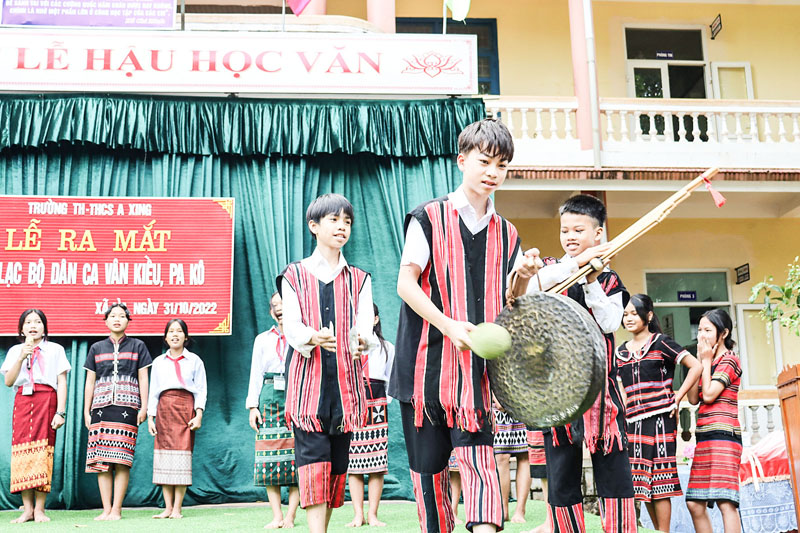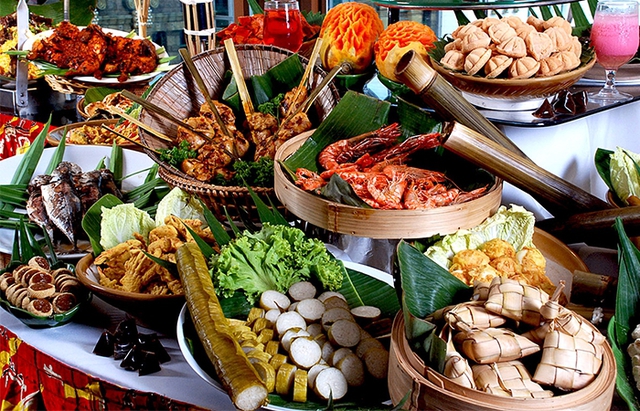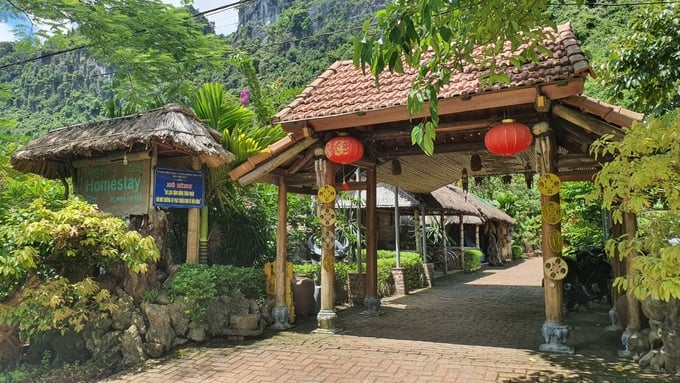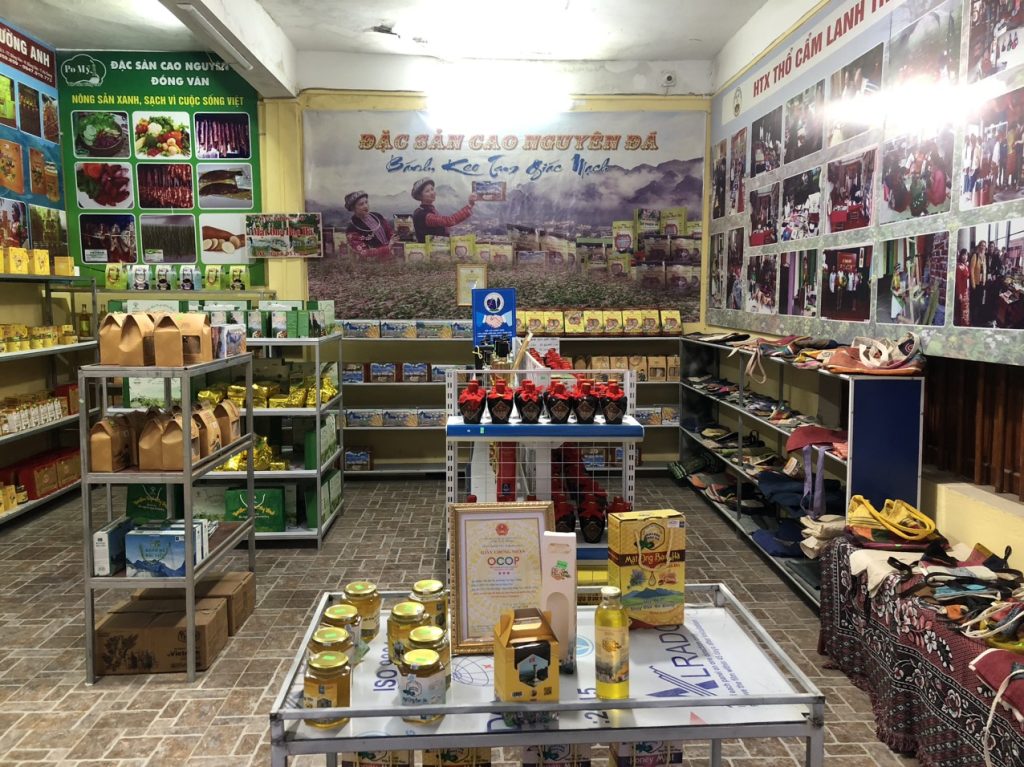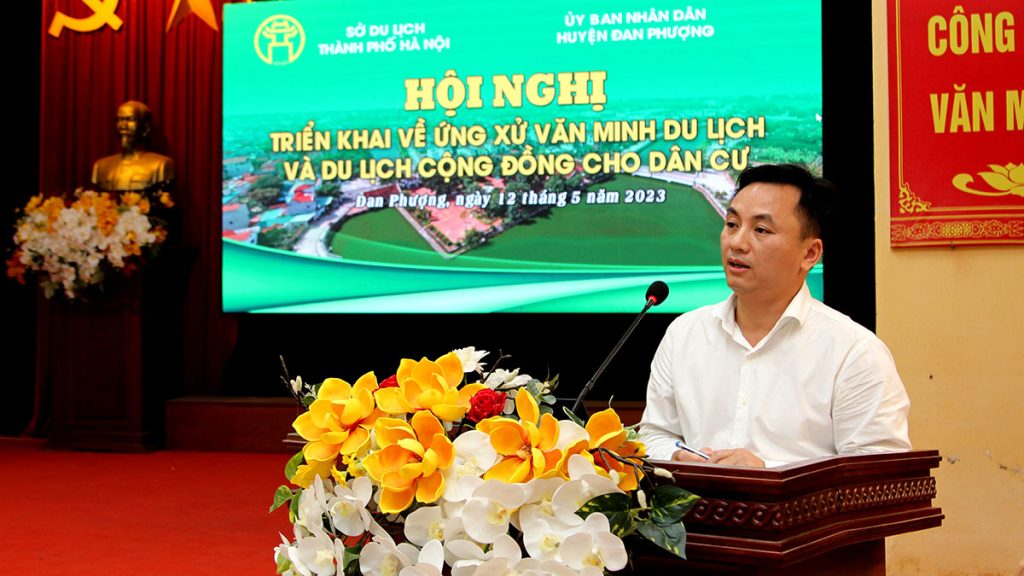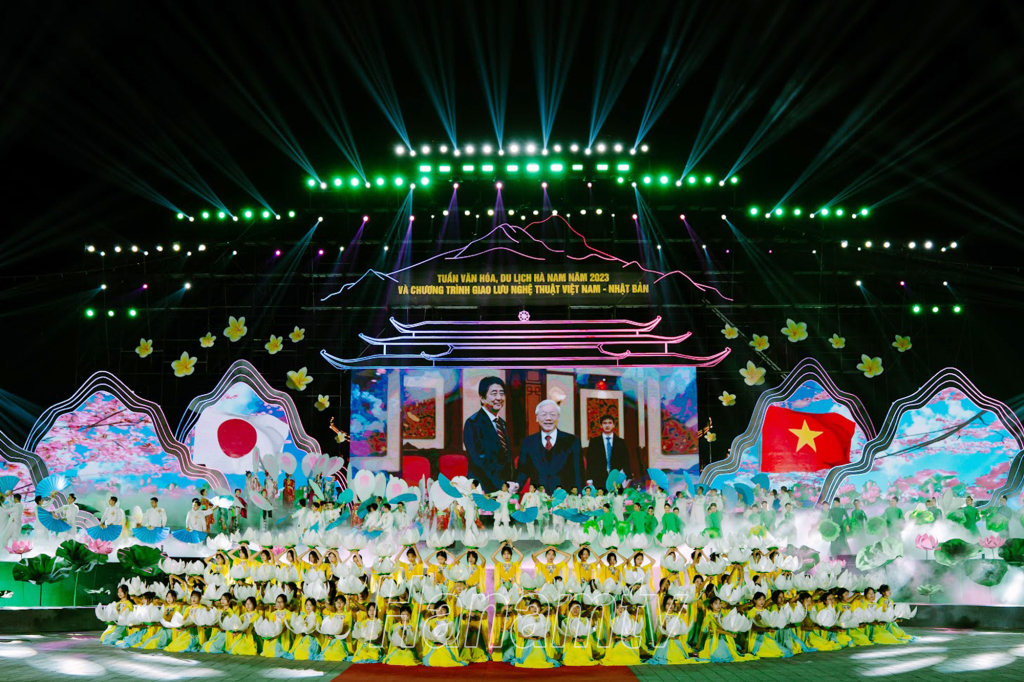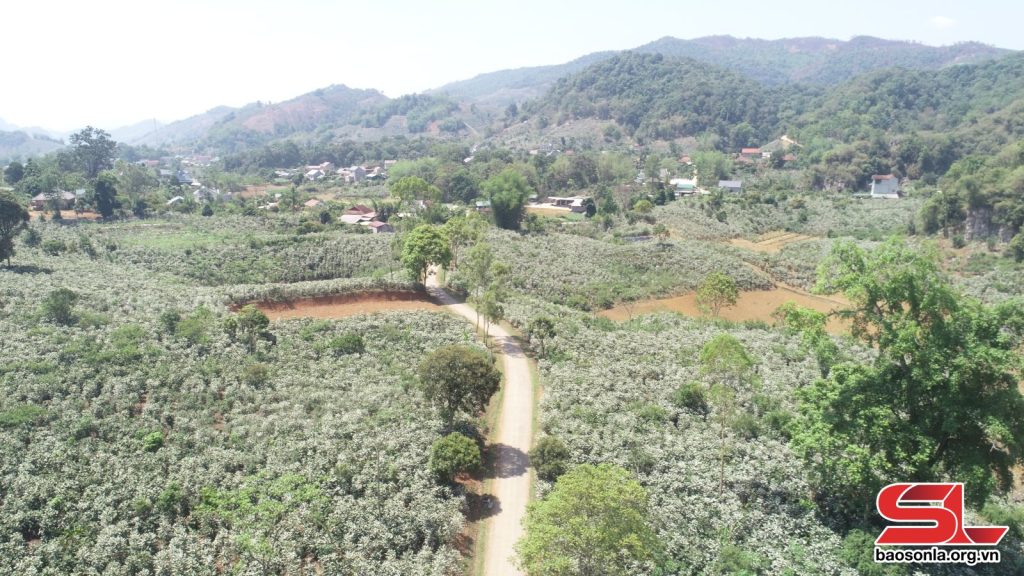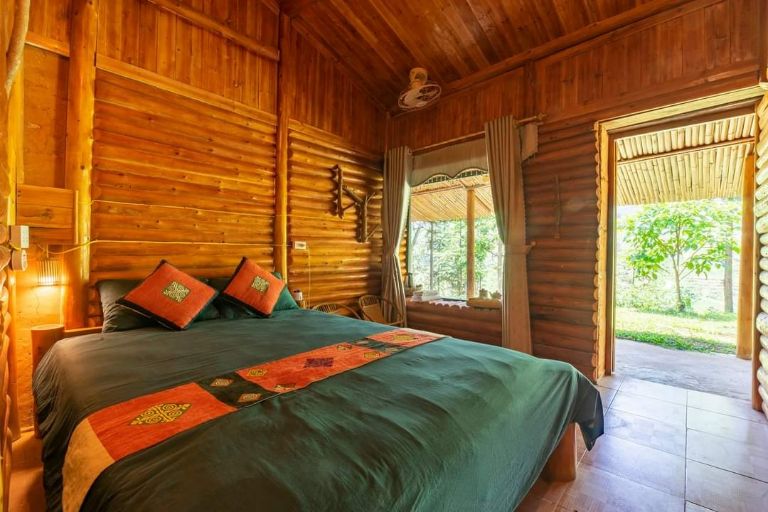Huong Hoa District (Quang Tri province) has carried out various activities to keep the unique cultures of its ethnic communities.
Huong Hoa is a mountainous district in the west of Quang Tri Province, with over 50% of its population being ethnic people. The local environment and lifestyle have formed distinctive cultural features and activities.
However, through historical ups and downs, including negative impacts of the urban lifestyle, many of the customs and festivals have gradually disappeared. With practical and effective solutions, the district has so far actively preserved the unique cultures of the ethnic communities.
Striving to preserve the cultural identities
According to the Quang Tri Culture, Sports and Tourism Department, the province currently has 27 festivals, including the six celebrated by the Bru and Pacoh minorities: the new rice festival, gong festival, buffalo stabbing festival, Arieu Ping festival, AraPut festival, and wine-and-vows festival.
To uphold the ethnic cultures, the People”s Committee of Huong Hoa District has issued specific decisions. It plans to carry out missions while directing the Department of Culture and Information to execute solutions.
The People”s Committee has also cooperated with relevant units to restore the traditional festivals of the ethnic peoples. As a result, many typical yet endangered festivals have been elaborately prepared and held in their original forms, whereas a number of outdated customs have been wiped out.
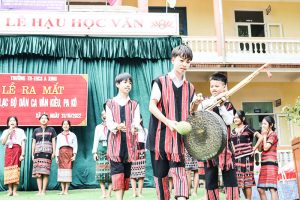
Bru – Pacoh Folk Music Club attracts a lot of students. Photo: T.T
In collaboration with the provincial Center for the Promotion of Investment, Commerce and Tourism, the People”s Committee has also frequently organized field trips for tour operators. Meanwhile, leaders have attended traditional festivals for better insights and directions.
At the same time, short videos and documentary photo sets have been made to introduce the cultures and tourist spots of the mountainous district on social media and digital platforms.
For the last few years, cultural activities among Van Kieu and Pa Ko communities have more or less diminished. Therefore, starting clubs to maintain traditional customs and handicrafts is necessary.
The district has provided guidelines and support for wards and towns to set up heritage sites preservation clubs, such as Lia Ward“s gong and weaving club, Xy Ward“s gong, or Huong Phung Ward”s traditional arts club.
Concerning identity education in schools, the Bru – Pacoh folk music club was born, gathering 60 A Xing Elementary and Middle School students and bolstering their understanding of and passion for their minorities“melodies. In the near future, the district”s Department of Culture and Information will open a gong class for Pacoh and Bru people.
In parallel with promoting community-based tourism
The tourism strengths of Huong Hoa District lie in the unique historical values, cultural traditions, and cuisines of the ethnic minorities. To boost community-based tourism, the district has surveyed and created legal and scientific profiles of historical relics related to ethnic people.
In cooperation with non-governmental projects and programs, it has also exploited natural resources and invited tourists to visit and experience the destinations.
By now, Huong Hoa has drawn a stable annual number of visitors. In the first nine months of 2022, the district has received more than 120,000 arrivals, a 600% increase compared to 2019.
In April 2022, the first ecotour in the community-based forest in Chenh Venh Hamlet, Huong Phung Ward, was officially run. The tours combine learning about the life of native Bru people with exploring natural landscapes along the spectacular backpacking trail from Khe Sanh Town to Sa Muoi Hill amid the majestic Truong Son Mountains.
Tourists can watch gong performances and listen to folk songs of the Bru, as well as enjoy the local specialties like grilled chicken and pork, steamed sticky rice, or bamboo shoots. Meanwhile, weekend fairs here display the local produce, crafts, woven, and brocade items that excite the tourists.
However, it can be seen that community-based tourism in the district is still spontaneous, small-scale, inconsistent, and yet to be sustainable.
Huong Hoa District People”s Committee has collaborated with relevant agencies to organize seminars for appraising the situation and finding solutions. Besides, it has opened training courses to improve the capabilities of travel businesses, cooperatives, and households exploiting tourist sites across Huong Hoa.
“In the coming time, the department will continue to propose plans to maintain and restore the cultural identities of the ethnic peoples, thereby boosting community-based tourism here,” said Nguyen Thi Huyen, Head of Huong Hoa District”s Department of Culture and Information.
“Meanwhile, the local people will be encouraged to participate in the tourism model and preserve their cultural values while promoting tourism.
She said the district would upgrade infrastructure and improve locals “service skills to welcome investors and visitors.”
Huong Hoa aims to become one of the best destinations in Quang Tri by 2025, in which tourism will become a leading sector of the district by 2030,” she added.
Thu Thao – Jenna Duong
Quang Tri newspaper – en.baoquangtri.vn

